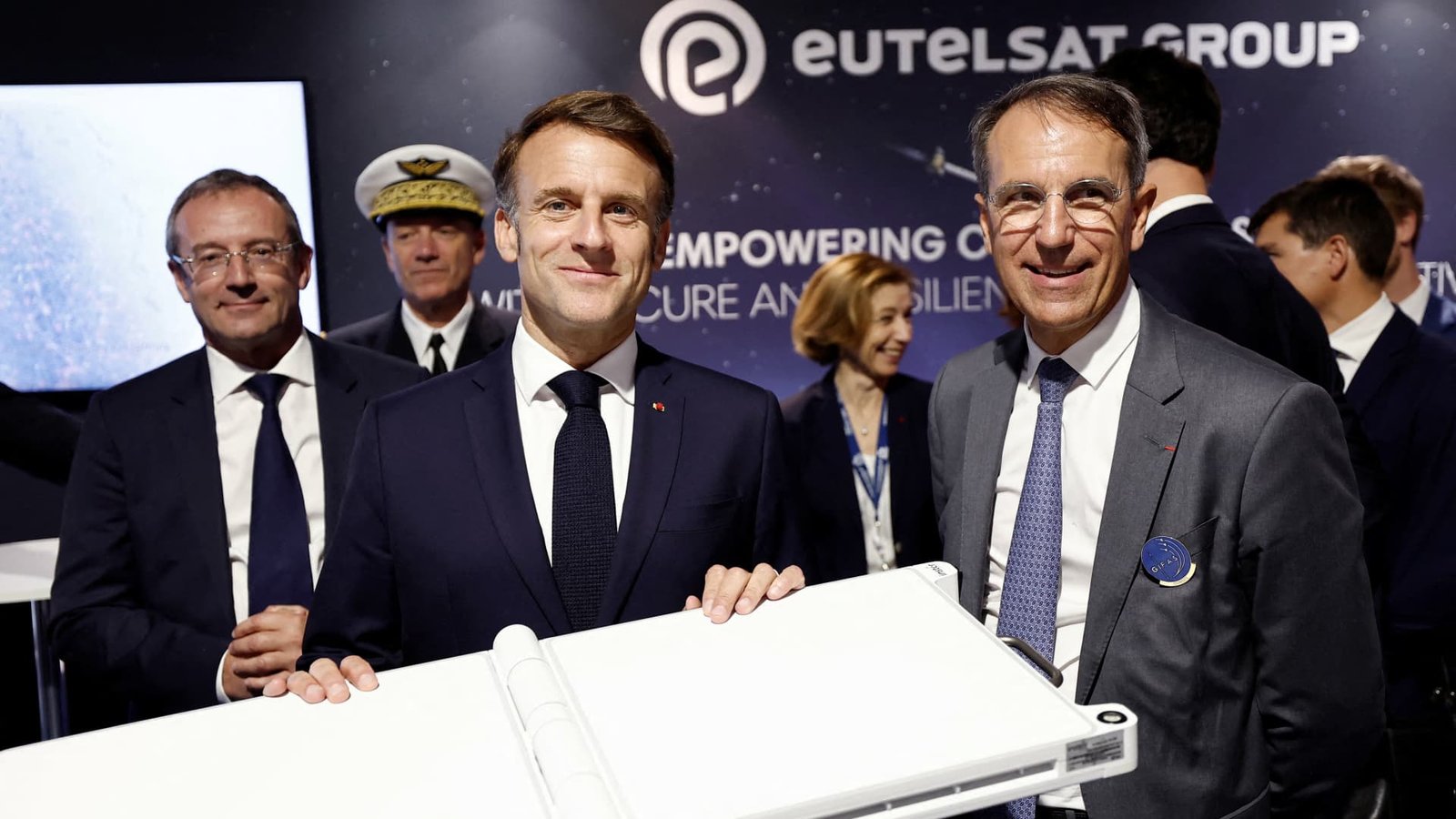France just dropped 1.35 billion euros into Eutelsat, becoming the biggest shareholder with a 30% stake. The message is clear. Paris wants a European answer to Elon Musk’s Starlink. And they’re willing to pay for it.
The French satellite company has been scrambling to catch up since merging with British venture OneWeb in 2023. But the numbers tell a brutal story. Eutelsat operates 650 satellites through OneWeb. Starlink? Over 7,000. That’s not even close.
Market cap reveals the gap. Eutelsat sits at 1.6 billion euros. SpaceX hit $350 billion in secondary sales last year. Morgan Stanley analysts said Starlink alone could reach $80.9 billion in their base case.
Luke Kehoe from network monitoring firm Ookla sees France’s move differently. The government is treating Eutelsat “less like a commercial telco and more like a dual-use critical-infrastructure provider.” It’s become a strategic asset in the EU’s push for technological sovereignty.
But building a Starlink competitor won’t be easy. Industry experts say Eutelsat needs massive investment in Low Earth Orbit satellites to even compete. Most of OneWeb’s current satellites are aging out. They need replacement before expansion.
“Eutelsat’s chances of achieving parity with Starlink in the mass-market satellite broadband segment within the next five years remain limited,” Kehoe told CNBC. SpaceX’s scale in LEO infrastructure is unmatched. Capital, manufacturing, launch access, spectrum, user terminals – Starlink leads in every category.
Joe Gardiner from CCS Insight agrees. Eutelsat needs more satellites in space. Fast. “To offer greater capacity and coverage, [Eutelsat] needs to increase the number of satellites in space, a task made more difficult due to the fact that many of OneWeb’s satellites are nearing the end of their lifespan.”
Still, there’s opportunity. Kehoe thinks Eutelsat could succeed in “European-sovereign, security-sensitive and enterprise segments that prioritise jurisdictional control and sovereignty over raw constellation capacity.”
That’s exactly what France wants. Emmanuel Macron said last week that “space has in some way become a gauge of international power.” When Eutelsat announced the French investment, they emphasized their role as “the only European operator with a fully operational LEO network.”
The Ukraine situation shows the stakes. Starlink provides internet to Ukraine’s military through 50,000 terminals. But tensions rose after Donald Trump’s election. Reports suggested U.S. negotiators considered cutting Ukraine’s Starlink access.
Germany responded by setting up 1,000 Eutelsat terminals in Ukraine in April. Not as a replacement for Starlink. As an alternative. The message was clear – Europe needs backup options.
Those tensions have cooled. Starlink remains Ukraine’s primary satellite provider. But the scare highlighted European vulnerability.
Eutelsat’s former CEO Eva Berneke admitted the limitations. “If we were to take over the entire connectivity capacity for Ukraine and all the citizens — we wouldn’t be able to do that. Let’s just be very honest,” she said in an April interview with Politico.
Berneke was replaced in May by Jean-Francois-Fallacher, a former Orange executive. New leadership for a new challenge.
The technical hurdles are real. OneWeb uses bent-pipe architecture, which isn’t as capable as Starlink satellites. That means investing in second-generation satellites. Different orbital designs. Different use cases.
Eutelsat operates both geostationary orbit and LEO satellites. GEO satellites orbit much higher but cover more ground with fewer units. Joe Vaccaro from Cisco’s ThousandEyes unit notes Eutelsat’s higher altitude satellites work for “specialized use cases, such as polar coverage for companies and research facilities in remote regions like Greenland and Alaska.”
Europe lags in the space race generally. Launch capabilities are limited compared to the U.S. The region still relies on America for certain launch services. SpaceX dominates that market too.
Eutelsat says it will “build upon its operation improvements” with a “differentiated go-to-market model” and “strong European anchoring.” The U.K. government could increase investment “in due course.”
The French bet is bold. Whether it pays off depends on execution. And speed. Starlink isn’t standing still.



